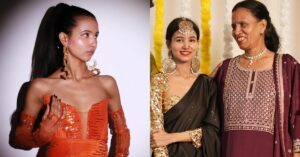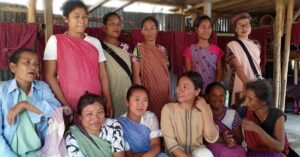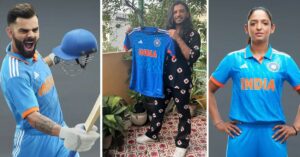Friends Use Bamboo & Hemp to Make Clothes That Keep Cool in Summers & Warm in Winters
Zoya Wahi and Nitij Singh started Aslee in 2019 as a way to reach out to communities in a sustainable manner. Today, the eco-friendly brand focuses on products made out of hemp, bamboo and Himalayan nettle.
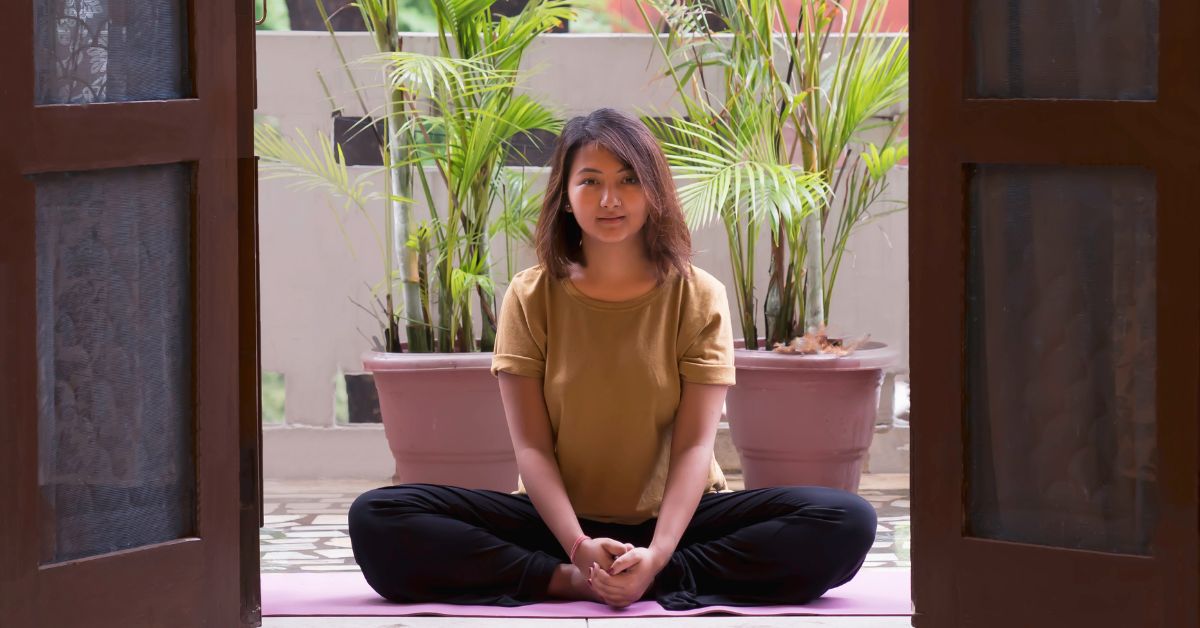
An earthquake in 2015, and a cancelled flight were the start of a unique partnership between Zoya Wahi and Nitij Singh. What they started as an effort to help people affected by the disaster, is today an eco-friendly fashion brand named Aslee, that focuses on sustainable living and lifestyle products made out of hemp, bamboo and Himalayan nettle.
An idea born out of a catastrophe
Zoya and Nitij, both in their early thirties, the former from Jaipur and the latter from Haryana, had been friends for 15 years. Zoya was a digital communications consultant and Nitij was a public policy consultant.
They would often meet up and get chatting about how great it would be to find purpose in their work someday, by doing something in the space of climate action and sustainability.
So when in 2015 Zoya, who had planned to visit Nitij in Nepal, had to cancel her flight due to the earthquake that hit her destination, the duo saw this as their moment to step up.
Over the next few months, they started coming up with ways to help people who were affected in that area. “It became clear how badly the poor sections of society were affected and we wanted to help but in a sustainable manner,” says Zoya.
So, they began raising funds through crowdfunding campaigns to the tune of Rs 2 lakh. Along with this, they also started selling products that could be obtained from locals in the area. These included scarves and bags.
As the campaign progressed, they did too. From these accessories, they went on to promote apparel and home furnishings made from plant fibres such as hemp, bamboo and nettle.
Slowly, what started as a campaign in 2018, took shape in 2019 in Gurgaon as Aslee.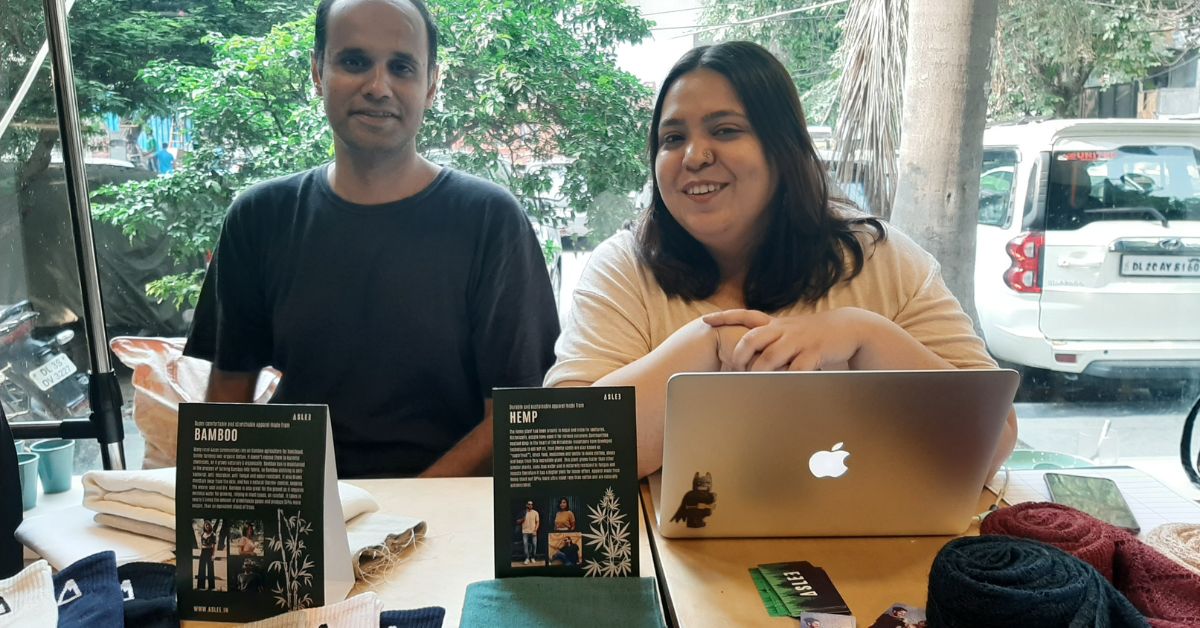
“The idea was always to support small-scale rural manufacturing units in Nepal,” says Zoya.
As the brand began to gain steam, the duo quit their jobs and went headlong into operations.
They had two motives while building the brand, one was to assist people in making planet-positive choices in their everyday lives, while the other was to come up with a range of apparel that people could wear no matter the occasion.
True to the intent with which they started, they wanted Aslee to be a forerunner in sustainability.
“When people in India think of sustainable clothing, cotton is the first thing to come to their minds,” says Zoya. “However, as one of the most widely used sustainable materials, cotton is starting to be over utilised, putting a burden on the farming community in tropical climates. This takes away from its initial purpose of being sustainable,” she adds.
Hence, veering away from this fabric, they had come up with a range of plant fibres that performed well and did not burden the farming community.
A story woven from hemp, bamboo and nettle
Speaking of the fabrics’ unique properties, the entrepreneur says one of these is versatility. “In summers, they act as great sweat absorbers and in winters they can be used for layering.”
Nitij goes on to elaborate that bamboo is antimicrobial, and its hollow structure enables it to absorb better than cotton or hemp.
He adds that certain studies suggest that hemp is also a good protectant against UV radiation and hence, trekkers looking for some added protection could give their apparel a go.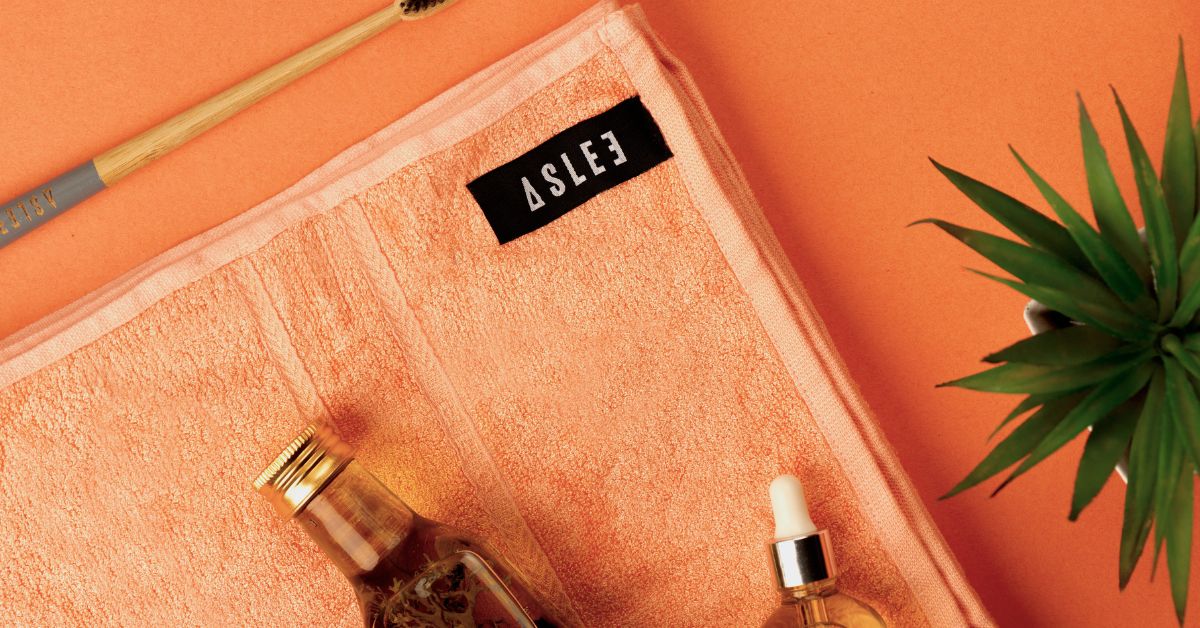
“Another property of hemp is its thermosensitivity,” he says. “It keeps the body warmer in winters and cooler in summers. We have tested this.”
Aslee’s client from Singapore, Nakul says, “The hemp t-shirt is working well for me in the humid Singaporean weather and absorbs sweat much better than other fabrics.” Dustin Williams, a customer from Germany, shares that the t-shirt feels warm in winters. “It is comfortable to wear this even indoors where there is internal heating,” he says.
When it comes to nettle, its USP is its strength. “The long chain of polymers in its internal structure strengthens it and has the added advantage of not catching fires,” Nitij says, adding that this was conveyed to them by communities in Uttarakhand where they work. “These communities use the nettle to make ropes, and they claim these have shown to be fire-resistant.”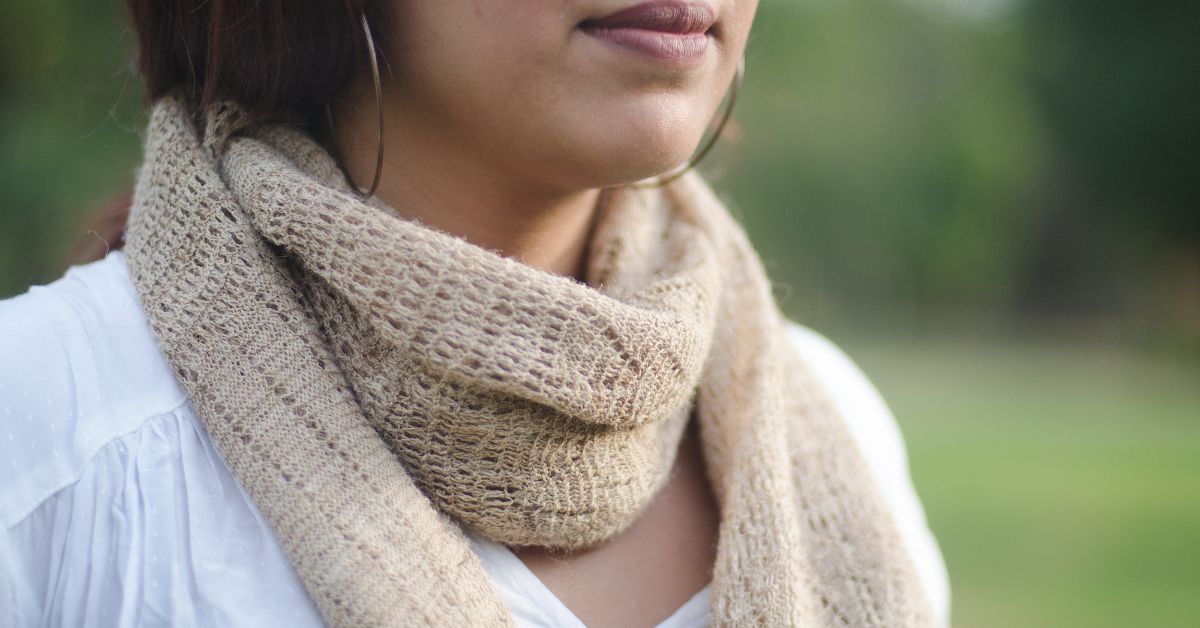
“One of the biggest challenges is transforming the textile industry,” says Zoya, adding that these properties of the ecological fabrics are an added advantage to their eco-friendly nature.
“They come from plants that don’t pollute the soil with harmful chemicals. They are also biodegradable,” she says.
While Aslee takes care of the designing aspect of the business, the manufacturing and processing of the fibres is done by small communities all over India and mainly from Nepal.
“We work with these groups to ensure that quality is not being compromised, simply because they are being made from unconventional materials,” she says.
On the point of unconventional materials, we ask if there are issues that crop up in the production and sourcing of the hemp. Nitij explains, “Hemp has only been legalised for cultivation in a few states such as Uttarakhand, Madhya Pradesh and this does create issues in the supply chain.”
“However, we work with communities in Nepal where cultivation is easy. Often, certifications do pose a problem as there are negligible trusted certification authorities that can help us test these fabrics,” he adds.
In addition to the regulatory frameworks of hemp, the duo has also attempted to gain people’s acceptance of the fabric.
“In the 2.5 years that we have been producing sustainable clothing, we have had close to 45 offline events across India where we interact with customers on a one-to-one basis and explain the benefits of the fabrics. They convey their apprehensions and we clear misconceptions,” he says.
“Over time acceptance has increased.”
Zoya states a positive. Hemp as an ecological fabric is being championed by numerous businesses, and one would expect there to be competition. “But on the contrary, there is a lot of support. People are happy to grow the community.”
On the path to being a zero-waste venture
As of now, the brand’s packaging is biodegradable, made of paper and biodegradable plastic. They also use cellulose-based plastic for shipping. “We want people to find value and purpose in the money that they spend,” says Zoya.
While the duo has built a venture that gets people talking, this wasn’t without its set of challenges.
“The most significant of these would be educating people about where the materials are coming from,” Zoya points out. “Most of them do not know and it is a challenge to make them aware that this is a great alternative and that it is a low effort switch they will be making.”
Lack of policies supporting production often makes operations tough, she says, emphasising that there should be a policy level push at the industrial level.
“Growth avenues are needed at a larger scale and this should be incentivized,” she adds.
As a brand that sells overseas and ships to Canada, the United States and Australia among others, Aslee sees a monthly estimate of 40 orders. “We started with an initial investment of Rs 3 lakh each and have witnessed a growth of 30 per cent since our inception. The revenue has grown three times since 2019 when we started off,” says Nitij.
For the entrepreneurs that started the venture as a step towards getting the conversation around sustainability going, they say their pride is not simply the sales figures but conversations with their customers.
“They are often surprised by what we offer and inclined to make changes to their consumption patterns. They are thrilled to find someone who can make that switch easy,” says Zoya.
With a vision to be a major global player in the eco-conscious fashion and lifestyle segment, the bootstrapped brand is looking at expanding its sustainable clothing product line and the sales channels in the coming year, from t-shirts, scarves and bags to building on their hit towel category and even growing the homeware space.
Zoya says they plan to lay more focus on coming up with designs that are gender-neutral and inclusive.
“We want to create value and purpose both for the creators as well as the consumers of these fabrics and products.”
If you wish to purchase from their sustainable line, you can check out products here.
This story made me
- 97
- 121
- 89
- 167
Tell Us More
We bring stories straight from the heart of India, to inspire millions and create a wave of impact. Our positive movement is growing bigger everyday, and we would love for you to join it.
Please contribute whatever you can, every little penny helps our team in bringing you more stories that support dreams and spread hope.






